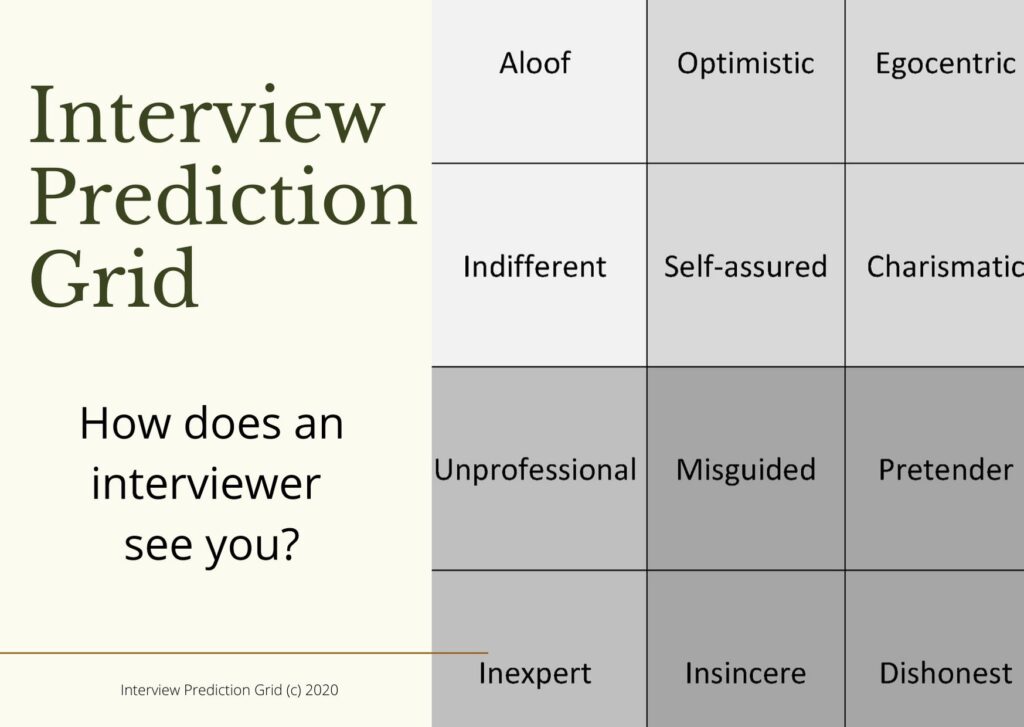An interviewer’s temperament, beliefs and actions within a job interview can create a self-fulfilling prophecy.
If, for instance, an interviewer has a subconscious negative bias towards an applicant, due to any number of characteristics, their behaviour towards the candidate will be influenced. This behaviour indirectly affects how the applicant acts.
The applicant, now (potentially) acting out of character, confirms the interviewer’s initial negative assessment, resulting in a less than favourable scoring, thus creating a self-fulfilling prophecy.
This process is more persistent with low confidence candidates who are more inclined to internalize the negative behaviour of an interviewer, believing they, the interviewee, have given cause for the interviewer to act in this way. This belief further decreases the candidates confidence levels.
For high self-esteem applicants, this initial assessment, and therefore the interviewer’s behaviour, rarely impacts the interview performance.
High level of confidence candidates will take a similar approach to the interview regardless of the interviewer’s behaviour due to the ability to externalize the interviewer’s actions, believing the actions are in no way a reflection of them, the applicant. The result of which is continuous self-promotion, delivered with conviction.
This contrast between the initial impression of a candidate and the observation of the interviewee not conforming to type, can be a powerful ‘pattern interrupt’ that results in a subconscious change of assessment.
Even with blatant evidence contradicting a schema, some interviewers with a strong belief, based as an example, on ethnicity or sex, will be ‘blind’ to the reality presented to them.
Evidence shows that the way an interviewee perceives the interviewer, positive or negative, will be, in most cases, the same view the interviewer has of the applicant.
One way humans understand other people’s actions is through mirror-neurons. When an interviewer frowns, smiles or, as an example, shows disgust via a fleeting micro-expression, the applicant’s mind, using mirror-neurons duplicates the expression, accessing the same emotional response the interviewer is feeling.
Using the interview prediction grid, a career professional can gain an insight into how an employer will view them in the job interview and improve any areas of weakness.

Job Interview Advice







